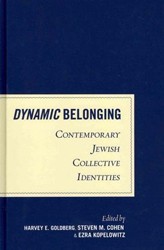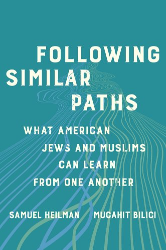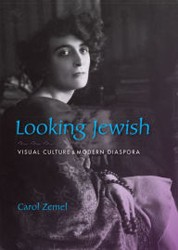Jacob Neusner has contributed many volumes of scholarship as an academic during the past fifty years. As an observer of Jewish life and a self proclaimed public intellectual, he has also contributed numerous articles to non-academic Jewish publications. This collection of twenty such articles written between 1962 and 1999 reflects Neusner’s opinions on Judaism, Zionism, the Jewish condition, the Holocaust, and some biographical information.
Many of his observations are right on the mark, some may be debated, and others are simply outrageous and misinformed. His work certainly makes for interesting reading and stimulating discussion. Often his is a lone voice proclaiming the ills and errors of Judaism, Jewish society, and contemporary religious movements. He does not shy away from controversial positions.
Neusner demands dialogue with Judaism’s sacred texts, he decries Jewish illiteracy, and criticizes any Jewish worldview not based on intellect and Judaic canon. American Judaism, he complains, is plagued by its focus on a world in which its members do not live. He further critiques Jewish leadership as being administrative and devoid of intellect. Neusner describes third generation American Jews as being Jewish but not too Jewish. The second generation became undifferentiated Americans to everyone but themselves. He is opposed to ethnic Jewishness, and do-it-yourself Judaism, and raises the question whether Zionism is Jewish secular nationalism or secular Jewish Messianism.
The meaning of Zionism and “Jewishness” are constant themes. He borrows the term “enlandisement” from ‘Abd al-Tafâhum and accuses American Jewry of creating an ersatz spiritual dimension regarding Israel since we do not choose to emigrate. Assimilation did lead to some Jewish dynamism, and Jewish self-hatred is reflected in paltry support for the cultural, scholarly, and religious programs and institutions that make us Jewish. He praises the Federation system as being professional, something lacking in the rest of the Jewish community.
Neusner complains about the anti-Semitism in Germany, yet still goes to celebrate the 500th anniversary of the University Tübingen which coincided with the 500th anniversary of the expulsion of Jews from Tübingen! He seems to revel in the fact that he is controversial and not taken seriously in Jerusalem or in any rabbinic seminary in the U.S.
The essays may be a bit dated, but the issues are still current and Neusner’s point of view is always interesting. The most important paragraph answers the question of “Why be Jewish?”:
What is important about being Jewish is the capacity of the Jewish people and its mythic creations to preserve the tension between the intense particularities of their life and the humanity they share with the rest of mankind. That tension, practically unique to Jewry, derives from its exceptional historical experience. Until now, it has been the basis for the Jews’ remarkable role in human history.





